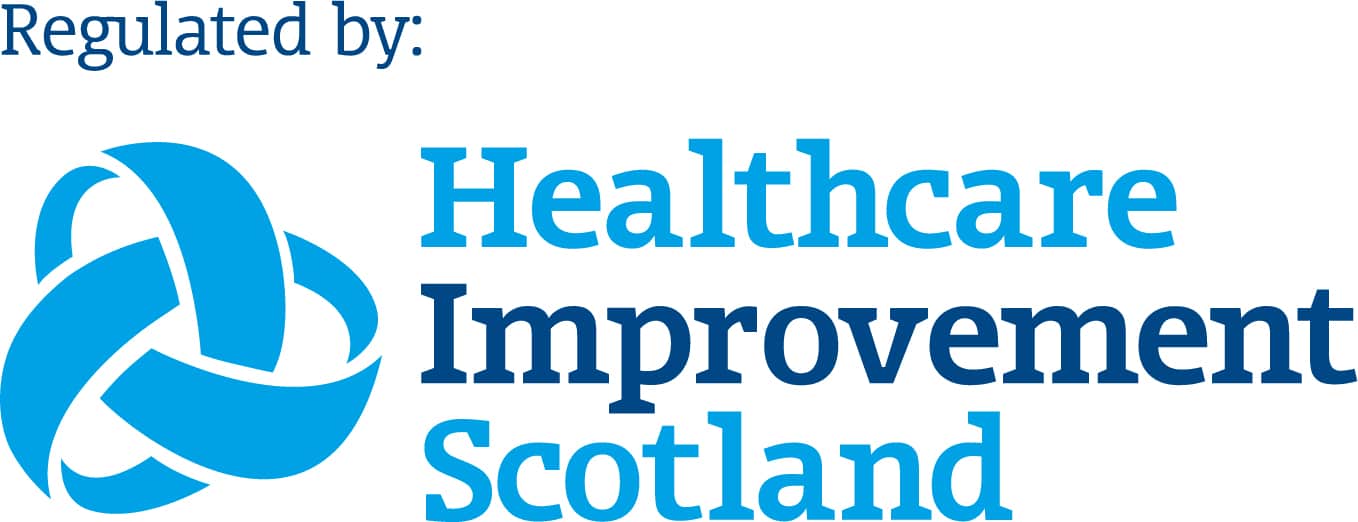The COVID-19 pandemic has changed many people’s lives and their mental health was affected greatly. The isolation and poor mental health have led to an abuse of alcohol, and it has resulted in alcohol addiction. Alcohol addiction, also know as alcoholism, is a disease that affects people of all ages. Scientists have tried to understand the reason behind alcohol addiction; however, they have found that there are variety of things that contribute towards it. Alcoholism depends on patients’ sex, race, genetics and even socioeconomic status.

From the medical point of view, alcohol addiction is viewed as a serious disease as it causes changes to the brain and its neurochemistry. The severity of the disease differs from person to person. Some people drink heavily all day, while others have days of binge drinking and then staying sober for a while. The COVID-19 pandemic and the stress related with it has resulted in 23% increase of people who abuse alcohol. This was due to isolation, not being able to see relatives or friends and being out of work. Many researchers and news articles have called it a ‘pandemic within a pandemic’ due to the damaging nature of it and the causation of further backlog within the health services. Alcohol addiction is a serious disease, and its treatment needs to be taken seriously. The number of people seeking help from Alcohol Change UK for alcohol addiction is increasing daily and it is important that the patient’s health is put on the forefront of our care.
The treatment for alcohol addiction varies, depending on patients needs. Treatment may involve a brief initial intervention, counselling either individually or in a group, an outpatient programme or inpatient programme. The main areas that the treatment focuses on are:
- Detox and Withdrawal
Treatment usually starts with detoxification and medically managed withdrawal which may take up to 7 days. This is usually done at the hospital so the vital functions can be regularly checked.
- Making a treatment plan
Alcohol treatment specialist have a sit down with the patient and set realistic goals together. They also teach the patient behaviour change techniques, show them self-help manuals and provide a follow-up care.
- Psychological Counselling
Either individual or group counselling sessions are offered. This would be a good time to offer a family therapy as family support is crucial part of the recovery process.
- Oral Medications
A few drugs have been identified that may help patients to stop drinking in a way that if alcohol is consumed after taking this drug, it induces nausea, vomiting and headaches. One of the drugs that can cause these effects is Disulfiram. Other drugs such as Naltrexone or Acamprosate, reduce the cravings and block the good feeling that alcohol can cause.
- Medical treatment for health conditions
Many alcohol-related health problems will go away when a person stops drinking, however, some health conditions may warrant continued treatment and follow-up care.
What treatment can we offer people who are alcohol dependant?
We at ROC believe that people who are alcohol dependent require a treatment that is individualised and bespoke. A medical check that can allow us to provide the patient with personalised treatment plan will be carried out. This includes blood tests, ECG, urinalysis and general observations which will allow the GP to build a safe and effective detoxification plan. Additionally, we can provide the patient with a health check, ultrasound and X-ray to ensure that overall health is in a good state.
If you require help with any of the above or would like to discuss any other matters regarding your health, please do get in touch with our receptionist on 01224 515 254.
References:
Alcohol use disorder – Diagnosis and treatment – Mayo Clinic
Alcohol misuse – NHS (www.nhs.uk)
Alcohol Addiction: Signs, Complications, and Recovery (healthline.com)


